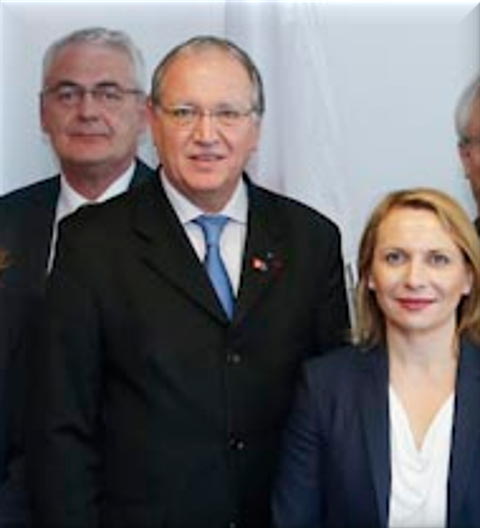

epo.org link) this "online consultation on increased flexibility in the timing of the examination process"; they intentionally conflate or mistake timeliness with "quality"; by that standard, no examination at all (instant grant) would be perfect quality. The EPO generally dodges a discussion about the actually important question/matter: the declining quality of European Patents (EPs) that leads to fake EPs.
Patenting #artificialintelligence: how do EPO and industry experts view this fast-growing phenomenon? Find out here: http://bit.ly/AIpatents pic.twitter.com/sevayr2g1W
New study by @EPOorg shows a sharp rise in patent applications for self-driving vehicles in Europe. Full study available here: http://bit.ly/SDVstudy #AI #AItech #SelfDriving #FutureOfCars pic.twitter.com/jEb9ripgKq
"That's just what law firms do, knowing they can profit from overpatenting, at least in the short term."Team UPC meanwhile spreads the relatively recent lie about the UPC starting in a few months. They keep saying, without any proof and without naming a single source, that a decision from Germany is expected by year's end even though this false rumour has been refuted by the court itself. Yesterday this lie was noted rather than promoted in a propaganda site which promotes patents on life and nature. It said this:
Turning to the Unified Patent Court (UPC) Agreement and the unitary patent, Schaffner outlined potential scenarios, such as one where the German Constitutional Court rejects a UPC-centred constitutional complaint filed last year.
In June last year, the court announced that it was delaying Germany’s ratification of the UPC Agreement because of the complaint, which was filed by Düsseldorf-based attorney Ingve Stjerna.
“I’m almost sure we won’t get a decision by the end of this year,” said Schaffner during the conference, before adding that the court may “strategically withhold” from making a decision until issues surrounding Brexit are resolved.
"Team UPC meanwhile spreads the relatively recent lie about the UPC starting in a few months."In the meantime, those who have long warned about the decline in patent quality (and at the times the UPC as well) are still reprimanded, unemployed, or both. SUEPO has just pointed out yesterday's article from Barney Dixon; it deals with a letter Techrights published and wrote about last week and to quote Dixon:
In its letter, the CSC remarked on other disciplinary cases against staff representatives and staff union of the EPO (SUEPO) officials and said it “cannot see that the office has learnt from the other cases”.
The CSC specifically referred to the case of Elizabeth Hardon, which was also heard at the ILOAT.
She was dismissed by the EPO, but the ILOAT reversed this, returning the case to the EPO’s disciplinary committee. The tribunal requested that the EPO president consider the possibility of an external reviewer for arbitration or mediation.
[...]
Requests for the letter to be published on the CSC announcement area of the EPO’s intranet were denied by EPO principal director of human resources, Elodie Bergot, who said that the letter included the names of individual staff members whose prior explicit consent is required before such publication could take place.